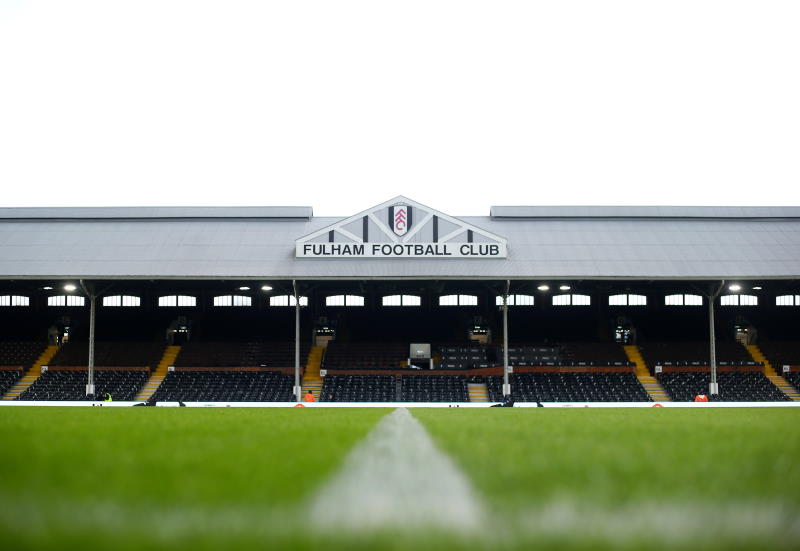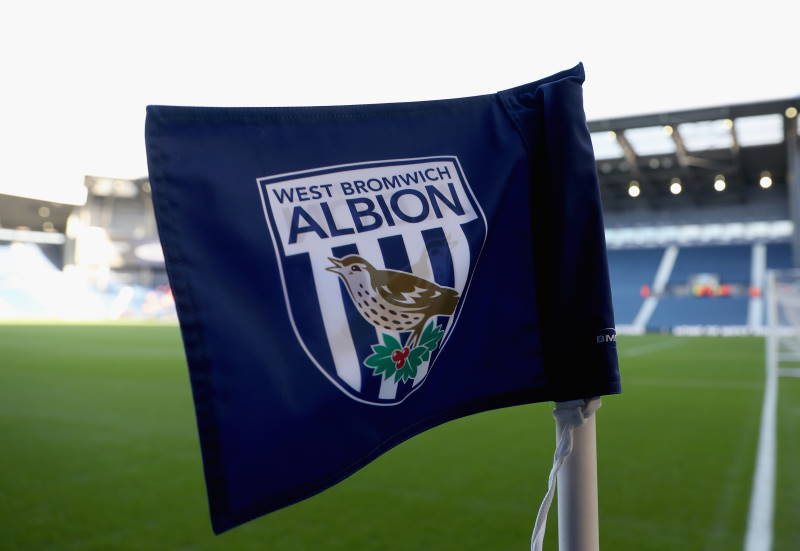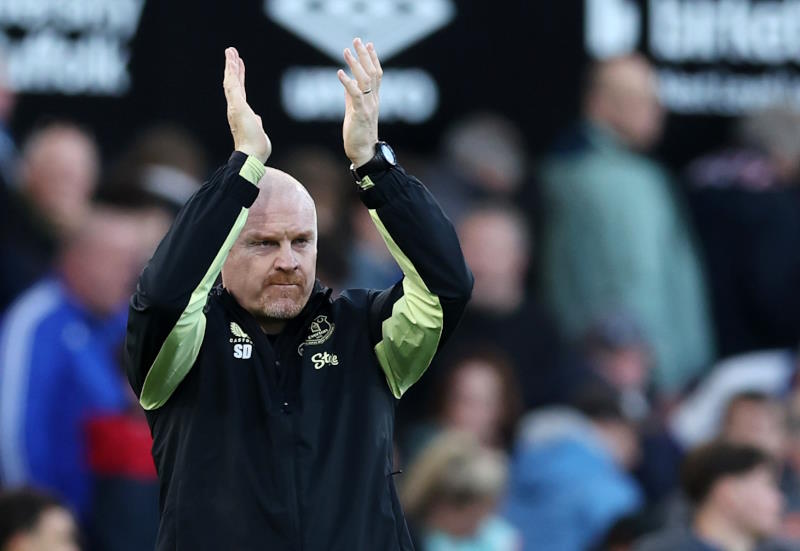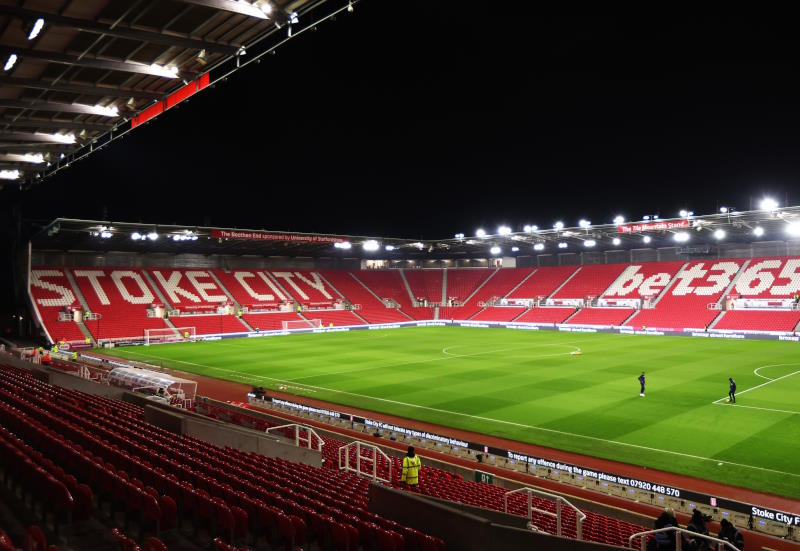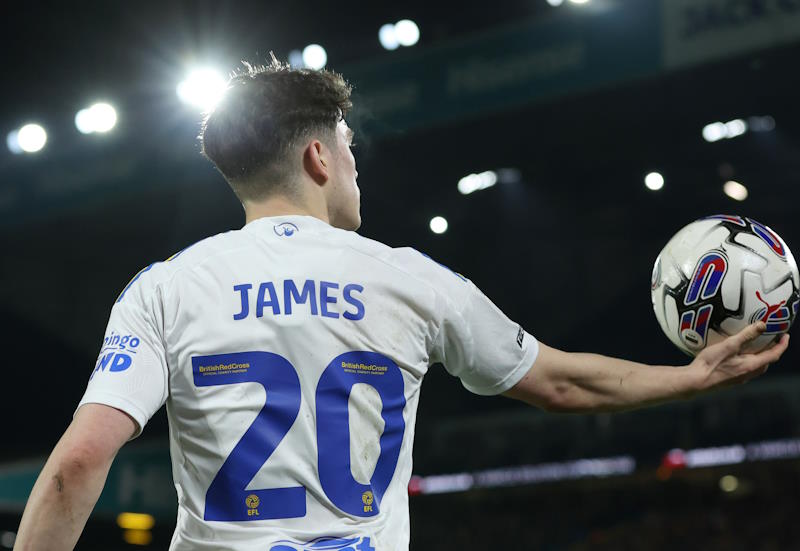
Mark Bateman
The secret to brewing the perfect pint of beer is making sure things are just right, taking your time to ensure the final product is of top quality. Much the same could be said of producing a successful and competitive football team.
One town where this analogy is most true is Burton-Upon-Trent in Staffordshire, an area famous for its breweries, which produce some of the finest ale in all of Britain and where its football club, Burton Albion, have recently won promotion to the Football League.
It has taken more than half a century for the club to mature into the final product of League Two debutants, but for the team’s fans it has been worth every minute.
Burton Albion, or the Brewers as they are nicknamed, were crowned champions of the Blue Square Premier in May, after playing some great football under Nigel Clough, son of the legendary manager Brian Clough, and later under caretaker manager Roy McFarland.
The club was founded in 1950, and was the latest football incarnation in the town, with previous teams Burton Swifts, Burton Town, Burton United, and Burton Wanderers all struggling to compete financially and ultimately going out of business in an area traditionally dominated by Rugby Union. Originally, the club was a member of the Birmingham & District League, but quickly moved through the lower leagues of the English pyramid, arriving in the Conference in 2002 after winning the Northern Premier League title.
The club have played at three stadiums in their 69-year history, starting out at the Lloyds Foundry Ground, but due to rising attendances they soon moved to the purpose-built Eton Park ground in 1958, where they played until its demolition in 2005.
The Brewers moved to the 6,500 seat Pirelli Stadium, named because of its close location to the Pirelli tyre factory. The ground cost £7.2M to build and was constructed opposite the old Eton Park stadium, which is now a housing estate. Burton’s most famous result at the Pirelli Stadium and possibly in the team’s history was a 0-0 draw with Premier League heavyweights Manchester United, in 2006. Burton later went on to lose the replay at Old Trafford 5-0, in front of 11,000 travelling fans, but the club benefited enormously from the financial windfall the match generated, and most of the debt incurred to build the Pirelli stadium was able to be paid off instantly.
The Brewers’ most successful manager is current Derby County boss Nigel Clough, who left the team in January 2009 to take up the job at Pride Park which had been left vacant by Paul Jewell.
Clough became Burton Albion player-manager in 1998 and won the team promotion to the Conference in 2002. The former Nottingham Forest forward nearly led the Brewers to promotion to the Football League last season, but lost out to Cambridge United in the playoffs.
This season Clough guided the team to the top of the Blue Square Premier and, before his departure, the team had a 19 point lead over their nearest rivals. Fans started to think of promotion as a reality rather than a dream.
Roy McFarland took temporary charge until the end of the season and, despite a nerve jangling last few games, Burton secured promotion to the Football League on the last day of the season after Cambridge United failed to win their last game. McFarland was offered the job on a permanent basis, but declined. Burton are currently looking for their new boss, with several high profile lower league candidates in the frame, including Crewe Alexandra assistant manager Neil Baker, and former Carlisle United boss John Ward.
Regardless of who is in charge of Burton come September, the fans can be sure of an exciting season in League Two. Clubs promoted from the non-league usually go on to not only survive in the Football League, but flourish, with several teams later being promoted to League One, the Championship and even the Premier League.
The sky is the limit for Burton Albion, and one thing is for sure, the champagne and beer is sure to keep flowing throughout the summer for the Football League’s newest member.
Related Articles:
- – Brian Clough Immortalised in Damned United Success
- – Aberdeen Legend, Wigan Athletic Assistant Manager Eric Black Interviewed
- – Cardiff and Swansea Eyeing Up Premier League

